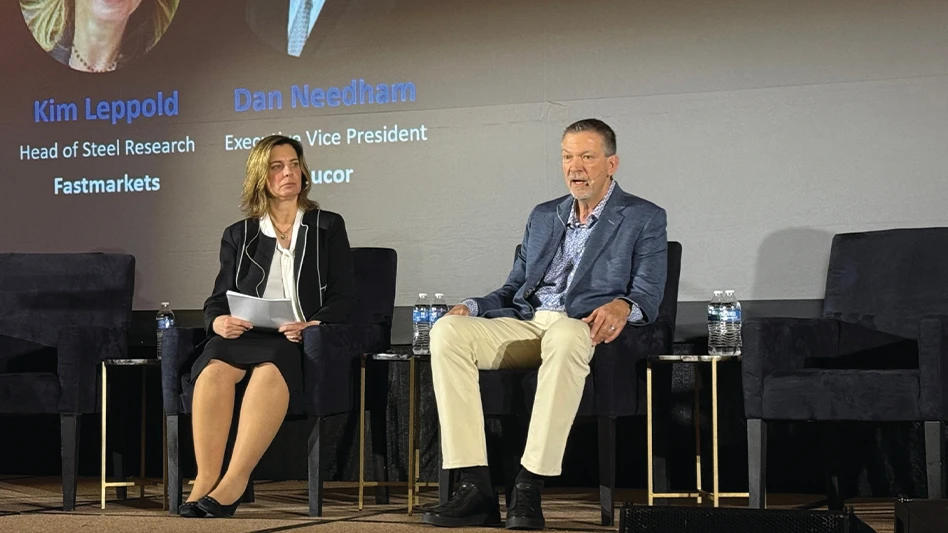
United Kingdom-based WRAP (Waste & Resources Action Programme) reports that its latest study shows expansion of the circular economy could create 3 million extra jobs and reduce unemployment by 520,000 across European Union member states by 2030.
The new report, “Economic Growth Potential of More Circular Economies,” builds on the WRAP report published earlier this year, “Employment and the Circular Economy – Job creation in a more resource efficient Britain,” to show the picture across the European Union.
WRAP says the study is the first that details the employment potential for each member state, the industries that would support it, and the skills that would be required.
The circular economy workforce already spans across Europe, but this study illustrates the jobs potential for individual member states.
Currently, WRAP estimates that there are 3.4 million people employed in circular economy jobs such as repair, waste and recycling, and rental and leasing sectors across the European Union. Expansion in circular economy potentially offers employment opportunities in all member states and jobs that match the skills that are undersupplied in the market.
Report findings include:
- On the current development path, by 2030 expansion in circular economy in Europe could create an extra 1.2 million jobs and reduce structural unemployment by around 250,000;
- A transformational expansion in circular economy in Europe, by 2030 has the potential to create an extra 3 million jobs and reduce structural unemployment by around 520,000
- A circular economy is an alternative to a traditional linear economy (make, use, dispose) in which we keep resources in use for as long as possible, extracting the maximum value from them while in use, then recovering and reusing products and materials.
- Examples of circular business models include designing goods to last longer, which can lead to greater reuse; greater repairability which can support the growing remanufacturing industry; and allowing for easy recovery of materials when a product is eventually recycled. Service models, which could include product maintenance and take-back schemes as well as rental and peer-to-peer sharing models, also hold much potential.
“Providing the bigger picture for the jobs potential from the circular economy for each individual Member State makes the case for the EU to adopt an ambitious circular economy package even stronger,” says Liz Goodwin, CEO of WRAP. “This added layer of detail is the missing piece of the jigsaw that shows how the circular economy supports the themes of the Commission’s wider plan for job creation and growth. It’s clear that many countries could see considerable benefits which could improve the jobs market, the economy, as well as the environment.”
Latest from Recycling Today
- Acerinox ends 2025 with a loss
- Novelis' Greensboro, Georgia, plant site of fire
- Electra approves cobalt refinery construction schedule, budget
- NWRF named to “Best of CES” list
- Glass Recycling Foundation releases 2025 Impact Report
- Qatalum curtailing aluminum production
- Baltimore launches ‘oops’ tag recycling initiative
- Cullet acquires Repeat Glass assets, establishes Cullet Ohio





